Top 4 Eviction Mistakes Made By Maryland Landlords
While no landlord looks forward to an eviction, it is the necessary legal means for removing a problem tenant from your rental property.
When it comes to evicting a tenant, Maryland laws are stringent. Regardless of the reasoning behind the eviction, as a landlord, you must be aware of the proper and legally compliant procedures behind evicting a tenant to avoid legal troubles of your own.
Today, we will look at the top five eviction mistakes made by Maryland landlords.
What Is The Maryland Eviction Process
Evicting a tenant in Maryland requires several specific steps. 
- Starting the eviction process. Unlike most states, in Maryland, you do not need to provide your Tenant with a pay or quit notice that you will be filing an eviction notice with the district court. All you need to do is fill out and file the “Failure To Pay Rent” form with the district court to get the process started.
- The court will issue a summons to your Tenant. Your Tenant will be served with a summons to appear in court on the trial date. Depending on how behind the court is, the date could be 2-3 weeks away.
- Attend the court hearing. On the trial date, the judge will ask both of you to present your respective sides of the story. If an eviction is warranted, your Tenant will then have 4 days to vacate your property. If the tenants do not vacate your property within 4 days, you may ask the court for a Warrant of Restitution, which instructs the sheriff to remove your tenants off the property.
- After Court. Your Tenant is given 4 days to vacate the property. If they do not vacate the property a warrant of restitution is needed to instruct the sheriff to perform the actual eviction.
You can start the eviction process in Maryland for the following reasons Breach of the lease, Holding over, and the most common non-payment of rent.
Common Eviction Mistakes Made by Maryland Landlords
Taking Matters Into Your Own Hands
Also known as a self-help eviction is when a landlord attempts to remove a tenant without following the legal process. A few examples of this are;
- Changing the locks
- Shutting off the water or other utilities paid by you in the lease agreement.
- Entering the property and removing the Tenant’s personal property.
- Threats
- Harassment
It is important to remember that this an emotional time for both parties. However, you need to handle the situation with good business sense. Self-help evictions are not only illegal under Maryland Law. They can be life-threatening as well as you do not know the Tenant’s current state of mind or how they might react to you in this situation.
Not Giving Proper Notice
Part of the eviction process in Baltimore City is that you prepare a notice of eviction. The notice needs to include the case number, the trial date, the amount required to stop the eviction, and whether or not the Tenant has the right of redemption. Many landlords either do not post the notice or do not mail the notice as required, with a certificate of mailing.
Retaliatory Evictions in Maryland
Under Maryland law, retaliatory evictions are defined as a landlord
taking any of the following actions against a tenant
1.) Threatening to evict a tenant
2.) Filing an action in court to evict a tenant
3.) Increasing the rent
4.) Terminating a periodic lease agreement ( month to month lease)
5.) Decreasing services under the lease
If any of the following circumstances are true;
A.) The Tenant is actively or has participated in a tenants rights organization.
B.) The Tenant has filed suit against you.
C.) The Tenant has alleged a violation of the lease or complained about the condition of the house.
For a tenant to claim retaliatory eviction they must be current on their rent and the landlord’s reason for retaliation must be 6 months or less old.
As an example, if you attempt to evict a tenant who has filed a rent escrow case against you in the last six months, you action could be seen as retaliatory and therefore illegal. The court can order you to pay attorneys fees and up to three months of rent.
Our pick: The Most Common Eviction Mistake Made By Maryland Landlords: Not Keeping Good Records- The Rules Of Evidence
Another eviction mistake that we see often is landlords filing an action in court and not having the evidence to back up the claim. Remember that you are running a business, and if someone doesn’t pay your business, you need to have the documents to back up that claim and proof that you have fulfilled your contractual and legal obligations to the Tenant.
The most important documents are:
A fully executed lease agreement
A lead certification
Tenant Ledger and Bank statements to back up your ledger
D.o.D verification form
Communications between you and the Tenant
If you do not have the evidence to back up your claim, it may be dismissed!
Closing Thoughts.
You do not ever want to have to file an eviction on someone; however, having to explain to the judge why you felt it necessary to conduct yourself illegally is worse. If you are a Landlord and own rental property in Maryland, Don’t go in alone! Consider contacting HomeWorks Property Management. We take tenant screening very seriously, which minimizes evictions. If you need assistance with eviction procedures or rental property management, we are here for you!
